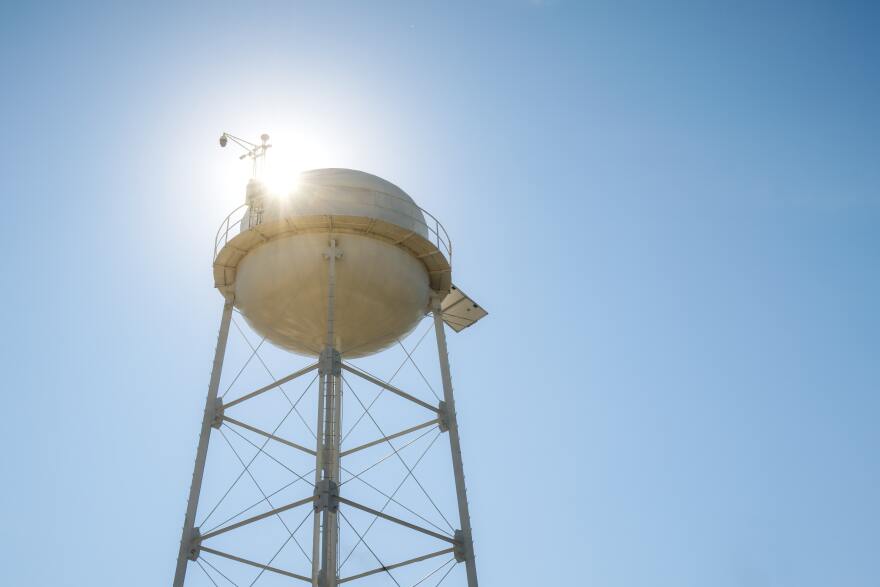Under the Safe Drinking Water Act, all public water systems have until the beginning of July each year to make water quality reports for the previous calendar year available to customers. These reports contain information about where systems get their water and what it contains.
“Water is an essential resource to our public health and safety, economic prosperity, and general quality of life,” said Oklahoma City Utilities Director Chris Browning in a statement about OKC’s new report. “As a measuring tool, the Drinking Water Quality Report helps to demonstrate how we continue meeting the high standards established by the EPA.”
Water systems are required to list any contaminants they find in their water, no matter how little. But detecting a contaminant doesn’t mean a system is in violation of Safe Drinking Water standards.
“Just because it's been detected doesn't mean you should be alarmed by it,” said Shellie Chard, the Director of Water Quality at the Oklahoma Department of Environmental Quality
Chard said many detected contaminants listed on the reports are far below the levels that would affect most people.
”If a person has a compromised immune system or is in a sensitive population, they may want to discuss the Consumer Confidence Report results with their medical professional,” Chard said.
If any contaminants do exceed federal or state standards, those violations are listed in the report.
Water systems may send the reports out with paper bills or upload them to their websites. Customers can also look up their water system on the DEQ’s Drinking Water Watch site, which has the annual reports and more recent water testing results.
Chard said people with questions about their reports should tap answers straight from the source — their public water system — or the DEQ’s drinking water staff.
_
Copyright 2023 KOSU. To see more, visit KOSU. 9(MDA4OTAxNzAzMDEzMjc0MTc2MzA5ZDZlMw004))







